![]()
When a person has a mental health condition with addiction, it is harder to beat addiction without proper treatment. Dual diagnosis treatment is an approach that simultaneously addresses addiction and mental health issues. Designed to improve chances of staying sober, dual diagnosis addiction treatment is an integral part of Colorado Addiction Recovery Services’s rehab program.
